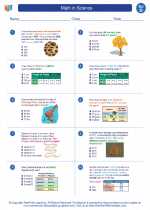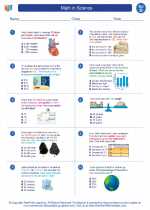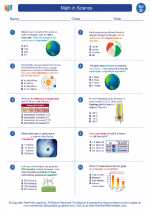Understanding the Concept of Cause
Understanding the concept of cause is essential in science as it helps us to comprehend why certain events occur and how they are connected. In science, cause refers to the reason or explanation for an event or result. It helps us to establish relationships and understand the patterns in the natural world.
Types of Causes
There are different types of causes that are important to understand:
- Immediate Cause: This is the direct reason for an event. It is the most evident cause that is closest to the event itself.
- Underlying Cause: This is the deeper reason behind the immediate cause. It helps to provide a more complete understanding of why an event occurred.
- Root Cause: This is the fundamental reason for an event and is often related to underlying or systemic issues.
Studying Causes in Science
When studying causes in science, it is important to consider the following aspects:
- Observation: Careful observation of events and phenomena is crucial to identifying potential causes.
- Hypothesis: Formulating a hypothesis involves proposing a potential cause for a particular phenomenon based on existing knowledge and observations.
- Experimentation: Conducting experiments allows scientists to manipulate variables and observe how these changes affect outcomes, thereby helping to establish causes and effects.
- Analysis: After conducting experiments, analyzing the data collected helps in drawing conclusions about the causes of the observed phenomena.
Example of Cause and Effect
An example of cause and effect in science is the relationship between temperature and the states of matter. When the temperature of a substance is lowered, the particles within it lose energy and move more slowly, eventually causing the substance to change from a liquid to a solid state. In this example, the cause is the decrease in temperature, and the effect is the change in the state of matter.
Understanding causes and their effects is fundamental to scientific inquiry, and it allows us to make sense of the world around us.
.◂Science Worksheets and Study Guides Fourth Grade. Math in Science

 Worksheet/Answer key
Worksheet/Answer key
 Worksheet/Answer key
Worksheet/Answer key
 Worksheet/Answer key
Worksheet/Answer key
